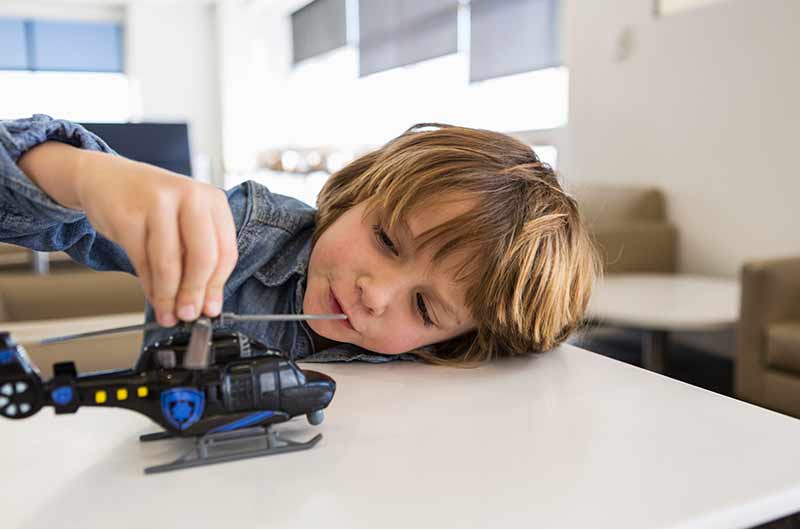
Boredom Inspires Free Play
Author: Austin Stanfel
Free, unstructured play is letting children go on with any rules or guidelines placed before them. Free play promotes independence, imagination, and creativity while fighting stress, anxiety, and even their fears. It is natural to build up the courage to face the concerns by play and test what they can and can’t do. Studies show that play is fundamental to early learning and shapes the brain into how they think. Unfortunately, this type of play has been stigmatized as dangerous, which is why education discourages recess entirely and put in fears that youngsters playing outdoor unsupervised could result in severe consequences. More parents understand the importance of free play, but many others are still skeptical about it.
Really though children are playing some form of free play in their life. So, it makes sense for parents to encourage more of it in playtime by commending them for they are doing. Don’t tell them any suggestions to improve their play and let them be. Even the simplest toys allow creativity to flow freely with the use of blocks, dolls, and balls. This can be used in many ways to create a better imagination compared to coloring books or board games because there are rules to follow. Free play can be indoors too, but having an open space for all of these toys do make for open borders to what children can do.
Parents think sports as free play, but again, there are rules. Stick to one sport or an after school class rather than bombarding them with an organized activity every day that uses a lot of energy. Research shows that children who work in over-organized schedules are more likely to be anxious and depressed. For free play at home, encourage children to play in the front yard because the backyard doesn’t let children have a spontaneous play with others in the neighborhood. Back to being inside, the biggest obstacle to free play is the TV and computer. Too much of it is very bad, but you don’t need to ban it. It should be used sparingly, and according to the American Academy of Pediatrics, they recommend only one to two hours of screen time daily.
How about letting children get bored? To get them to play and not on the computer, they need to get bored. The children will say they’re tired, and it is easy for parents to give them ideas, but let them come up with what they should do. Coming up with an idea is how free play starts. But free play takes time to build, especially if they are playing alone. Based on the child’s age, free play can be successful based on what happens in just 15 minutes. When they get older and used to playing with themselves, the playtime will be longer.
Free play does not need to be dumped for good. There is a lot of product from it that children can learn from it. We need recess and discouraging it to stay inside is harming children, not helping.

